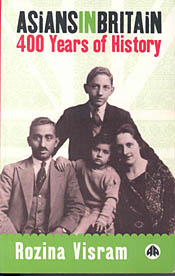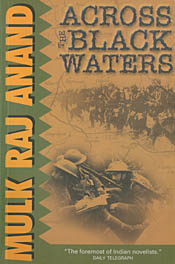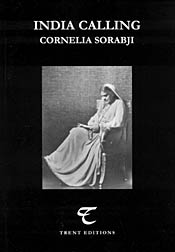About Making Britain
As historians have shown, Britain has had a migrant South Asian population for over 350 years, since its early trading encounters with India. But the perception that a homogeneous British culture only began to diversify after the Second World War persists, and research into the South Asian diaspora in Britain has focused predominantly on this later, post-independence period. While this diasporic population has become increasingly numerous and influential since the end of the empire, Asians in Britain were in fact engaging with and challenging canonical culture well before this time.
By focusing on the early presence in Britain of South Asians, and on the numerous modes in which they inflected ideas of Britishness and laid the ground for the construction of new multiple identities, Making Britain heightened awareness of the breadth and depth of South Asian contribution to British culture.
Building on historian Rozina Visram’s seminal work Asians in Britain: 400 Years of History, as well as scholarly initiatives by leading members of the core and advisory teams (see People), this collaborative, interdisciplinary project sought to uncover and examine South Asian participation in intellectual and literary networks, art movements, and activist groupings during this under-explored period of Britain’s multicultural history. To date the contribution to the British modernist movements of writers such as Mulk Raj Anand and J. M. Tambimuttu has been largely overlooked, despite Anand’s close links with the ‘Bloomsbury group’ and Tambimuttu’s editorship of the influential magazine Poetry London. While the British ventures of political figures such as M. K. Gandhi, Muhammad Ali Jinnah and Jawaharlal Nehru have been well-documented, yet to be explored in depth is, for example, the impact on the British cultural and political life of Krishna Menon, Labour councillor for St Pancras and founding editor of Pelican Books. Earlier still, sisters Cornelia and Alice Sorabji and travel writers B. M. Malabari and T. N. Mukharji were producing a range of narratives commenting on Britain and refracting dominant perceptions of the nation’s culture; while Syed Ameer Ali, founder of the Muslim League’s London branch, was campaigning for the political and cultural rights of Muslims in India and Britain. Letters, diaries, newspaper articles and photographs record the presence in Britain of lascars, soldiers, ayahs and other working-class South Asians, and reveal their contribution to the creation of a dynamic ‘contact zone’ at the very heart of empire.
Key aims
- To uncover new archival material - Through extensive research in archives in the UK, India and the US, we examined a wide range of source material relating to the project. We also to uncover material that could not be found in conventional archives, through the input of members of the public and family members of these early South Asian migrants and visitors.
- To read sources in new ways - Drawing on the work of postcolonial, cultural and materialist critics, and bridging the fields of literature, history, visual culture and sociology, we developed new ways of reading this archival material. Our readings investigate and interrogate contemporary concerns about identity, friendship, modernity, the ‘Other’, multiculturalism, trans-nationalism and diaspora in the context of this early period.
- To create an accessible database - We built a comprehensive online database of material relating to early South Asian interactions with British culture. This database has been hosted by the Open University for at least 10 years so that those interested in the material can continue to access it.
Key research questions
- How did the creative outputs and political interventions of South Asians in Britain impact on entrenched concepts of cultural purity and national superiority? Are there continuing influences today?
- Under what circumstances did South Asians form networks in Britain, both with one another and with their British counterparts? Did these networks cut across divisions of class, religion and gender?
- Under what circumstances did they publish, perform or exhibit in Britain? Did their works refract or challenge dominant cultural or political discourses?
- What were the cultural, social and political barriers this ‘community’ negotiated? How did they position themselves in relation to normative British society – and how were they positioned?
- To what degree did their construction and use of notions of imperial citizenship and cultural/religious difference contribute to the formation of British South Asian identities at the time – and also today?
News
Based on the outdoor touring exhibition, the project team has launched a digital interactive photographic timeline.
Exhibition feedback
Have you visited our 2017 At the heart of the nation: India in Britain outdoor exhibition?






